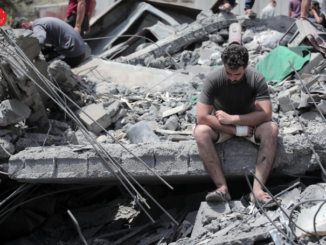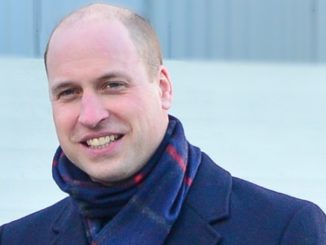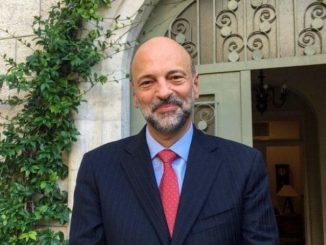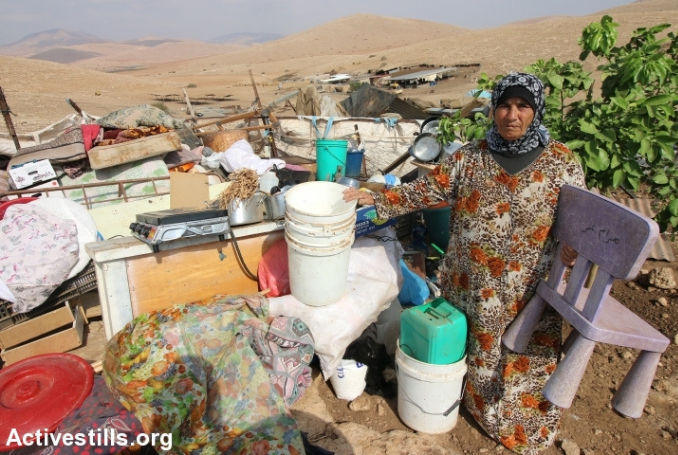
By David Harrop
“Do you know why the Bedouin are called the black goats? Like the black goats they are stubborn and go where they want, and they do their own thing” – (Z., Bedouin community activist, 2022)
Palestinian daily life continues to be conducted under the constraints of military occupation which shapes and defines the context of narrow human living.
For Palestinian Social workers, there is a need to understand the context and the critical effects of transgenerational denationalization and dispossession. This interdisciplinary consciousness is based upon a critical geopolitical awareness. This is critical in order to access insights into the realities of everyday lived life. Such contextual awareness is informed by critical geo-political and geo-legal understandings. For social workers, particularly those working in rural communities, it is essential to be immersed in the socio/political dynamics of colonized communities.
There has been extensive research and literature which describes the complexity of laws, ordinances, and regulations which have been developed through the occupation to disenfranchise, restrict and de-humanize Palestinians and which renders them victims of transgenerational colonization. Colonialism has transformed once traditional indigenous lands into someone else’s private property, resulting in a culture of oppression and dispossession.
These issues are particularly relevant for practitioners seeking to engage with the Bedouins who are opposed to urbanization and live in communities that aren’t recognized by Israeli authorities. They are often “off the grid”, and where there is little state investment in their development. Their villages have frequently been identified as illegal, and hence subjected to the threats of demolitions. Such non-recognition often results in the loss of their rights to health care, education, employment, and democratic participation.
The cultural mores of such indigenous groups often present difficulties for state-based statutory social workers. Arguably, more culturally appropriate practices can best be provided from within the community. Practicing under occupation creates dilemmas and often state-based practitioners risk criticism and disciplinary action if they adhere to professional codes of ethics as opposed to organizational goals.
In contrast, a grassroots practice, which is free from such organizational strictures, has more latitude. Furthermore, it is best informed about the stresses and levels of intimidation which these communities are subjected to. Failing to recognize this, risks seeing issues as pathological when they are in fact generic and are direct consequences of the geopolitical situation. Characteristically there is a lack of provision or intervention programs for these communities.
Such herding Bedouin groups become highly marginalized within wider Palestinian civil society and through living in remote and isolated communities are particularly at risk. The current issues in Masafer Yatta in the South Hebron hills, where indigenous people are facing perhaps one of the largest enforced expulsions, have thrown these issues into global awareness.
The issue of legitimate entitlement to the land is being determined by colonial policies of oppression and disempowerment. For these communities, the land is the major economic and cultural resource, and its expropriation represents the end of viable economic and cultural livelihoods for these traditional communities. The viability of a Bedouin culture stands at risk of eradication through these policies.
Following the Oslo peace accords in 1991 the West Bank was compartmentalized into 3 administrative zones under which Area C, which comprises of over 60% of the West Bank rests entirely under Israeli governance There is no recognized legitimate Palestinian democratic constituency. 300,000 Palestinians continue to live in this area which is characterized by small villages as well as the tribal lands of the indigenous Bedouin. 70% of Area C is off-limits for Palestinians through an extensive network of illegal settlements, and the commandeering of lands for military zones. This results in a program of demolitions, and an extensive network of restrictive legislation.
There are about 5,000 Bedouin families living in Area C in small family-based communities with a fierce and independent culture and an economy of animal herding, largely in communities in the Jordan valley. The occupation severely restricts their movement and undermines their economy and culture with no scope for development. Most live in semi-permanent structures, and buildings such as schools are constructed in a way that anticipates Israeli demolitions.
Within Palestinian Social work, there are the hierarchical statutory agencies and NGOs which seek to deliver a social work service to Palestinian communities. However, these are often based in urban centers. Meanwhile, there are networks of grassroots social and community work projects within the Bedouin community. Many are concerned that the Bedouin voice is being left unheard by policymakers and any political constituency between the Bedouin and Governmental structures is flimsy.
This structural cavity means that often there is little shared understanding regarding the needs of this community, and the agencies who have a duty to protect and safeguard. Relationships with humanitarian aid agencies such as UNRWA and OCHA are less robust for this rural herding community than for other Palestinian communities.
The existing grassroots networks also need to be supported and empowered in their community safeguarding and advocacy practice. Grassroots activists describe the rationale for the development of the initiative. For example, W., a Bedouin community worker, wrote:
“We saw the need in the Bedouin community. We are all Bedouins and activists, and we were all networking with each other for several years beforehand. In 2015 we came together. We all come from organizational backgrounds, NGOs, and international bodies. First, we wanted to set up an initiative for our own community. These people needed everything. They were very marginalized and lived in Area C. They are in deprived areas with water shortages.. No resources .. Nothing there… If you look at a scale of deprivation, at the top of the peak are the Bedouins.
“We thought that whilst there were some organizations seeking to work with the Bedouin, often the problem was that they lack the understanding of the culture. But also, there is little centralized community setup, so people didn’t know how to benefit the people so that a lot of the interventions ended up having a negative impact on the Bedouin community. They were often from a centralized agency and took a top-down approach which led to many disconnects When you have a French or Italian or Irish person coming to help the Palestinians through an INGO to work with my own culture, with Palestinians. Sometimes it works, but primarily there is a need for indigenous practice”.
With the threats of demolitions, arrests, detentions, and evictions, the Bedouins have a need for legal safeguarding. However, the existing grassroots networks also need to be supported and empowered in their community safeguarding and advocacy practice. They need to be able to advocate for the Bedouins as well as raise awareness about their hardships and human rights violations.
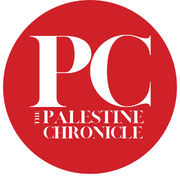
– David Harrop is an independent UK-registered social worker and co-founder of Palestine UK Social Work Network (PALUK) in 2011. Contact the author at his address email: harrop_david@yahoo.co.uk. He contributed this article to The Palestine Chronicle.



